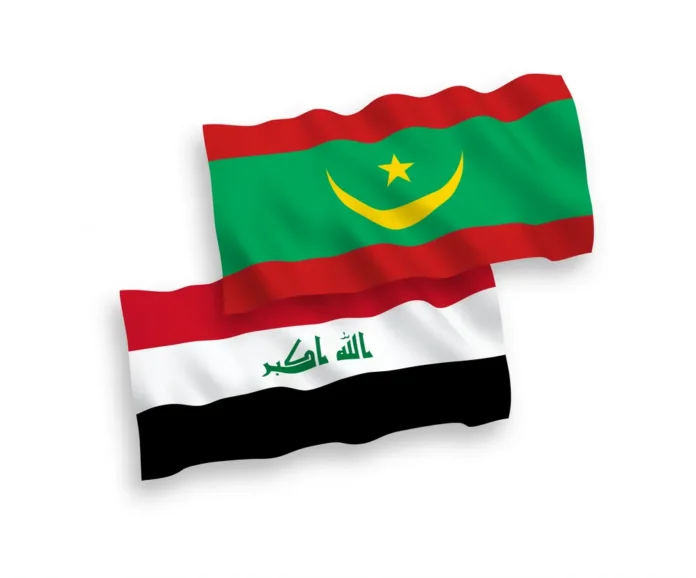Iraq and Mauritania have entered a new stage of partnership through wide-ranging agreements that reinforce Iraq–Mauritania cooperation across several fields. On Tuesday, both nations signed multiple memorandums of understanding (MoUs) in Baghdad, covering politics, trade, education, and culture.
The Iraqi–Mauritanian Joint Committee met in the capital to finalize these landmark agreements. The committee focused on creating a framework that would enhance communication and boost mutual interests between the two countries. With this move, Iraq–Mauritania cooperation reached a stronger and more strategic level than ever before.
During the signing ceremony, Iraq’s Culture and Antiquities Minister Ahmed al-Badrani explained that the two countries had agreed on several MoUs. These include social development, family and child welfare, political consultation, reciprocal visa exemptions for diplomatic and special passport holders, and trade facilitation. The agreements also target stronger collaboration between both nations’ chambers of commerce.
In addition, the education and cultural sectors received major attention. Both sides approved executive programs under the Iraq–Mauritania cultural and scientific cooperation plan for 2026–2028. These programs aim to promote student exchanges, joint research, and cultural festivals that deepen mutual understanding.
Moreover, the Mauritanian Culture and Arts Minister Hussein Ould Medou emphasized that these agreements would open new opportunities for development. He noted that the accords establish a foundation for diversifying relations in education, agriculture, and industry. According to him, Iraq–Mauritania cooperation is not limited to government-level relations but extends to people-to-people connections.
Ould Medou also highlighted Mauritania’s eagerness to attract Iraqi investments in energy, trade, and renewable projects. He pointed out that Iraq’s expanding expertise in the energy sector makes it a valuable partner for Mauritania’s future development plans.
Meanwhile, Iraqi officials expressed optimism about the outcome of the joint committee meetings. They stressed that these agreements represent a long-term vision for building trust and achieving shared growth. The new accords mark a milestone in Arab-African collaboration and reflect Iraq’s renewed focus on strengthening ties with African nations.
In conclusion, the recent meetings signaled a major step toward sustainable growth, deeper understanding, and balanced regional cooperation. Both governments affirmed their commitment to turn the signed MoUs into tangible results that benefit their peoples and future generations.


